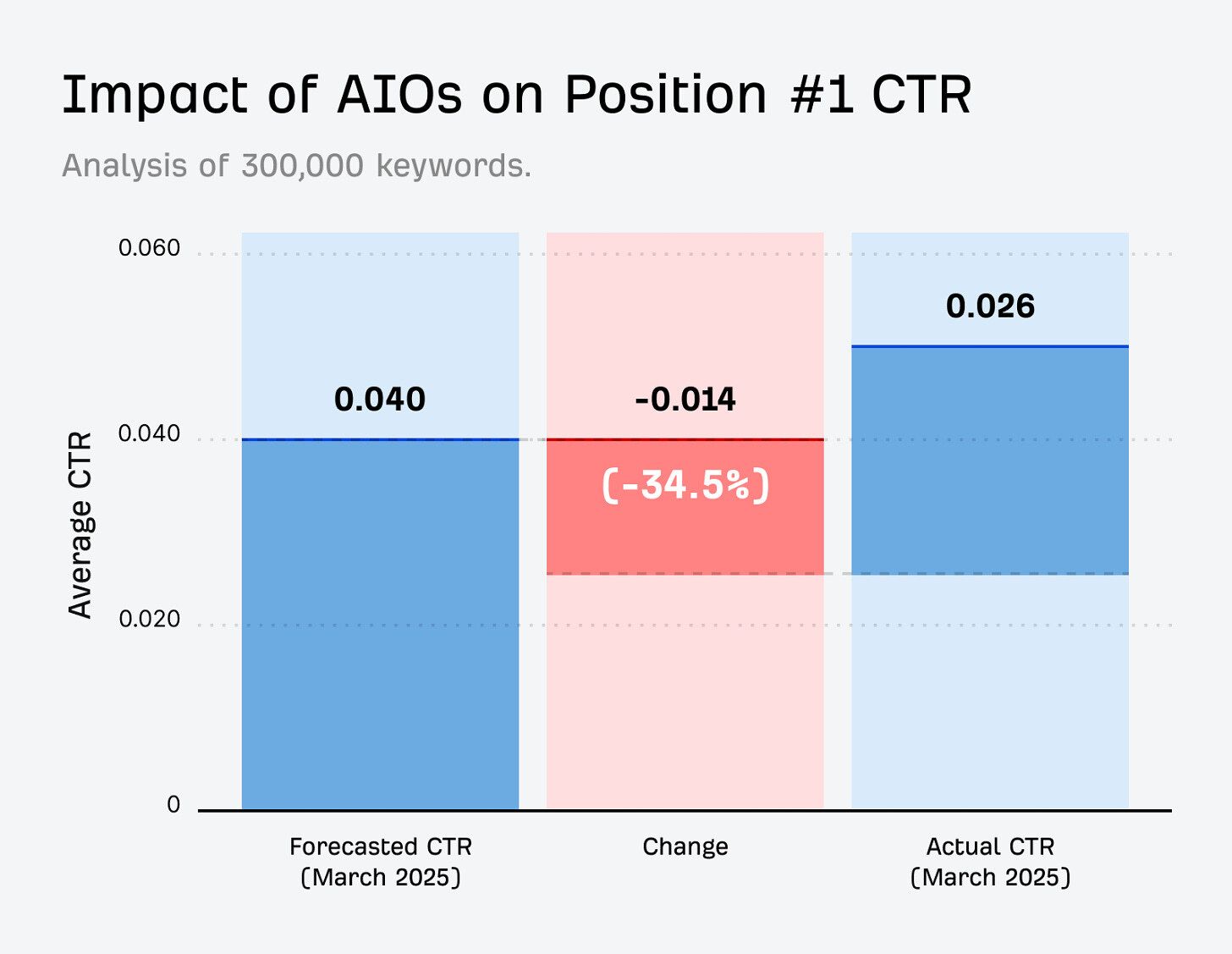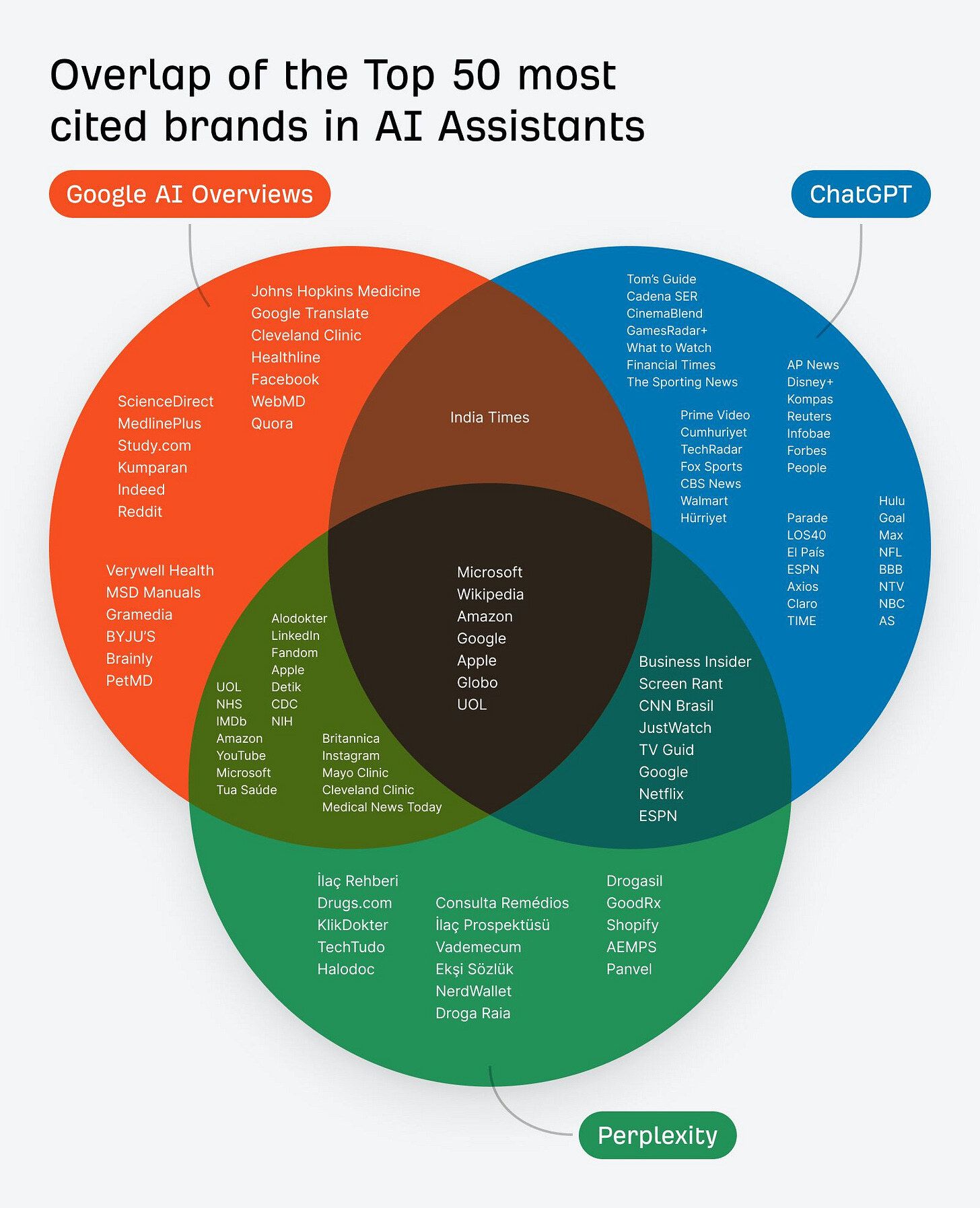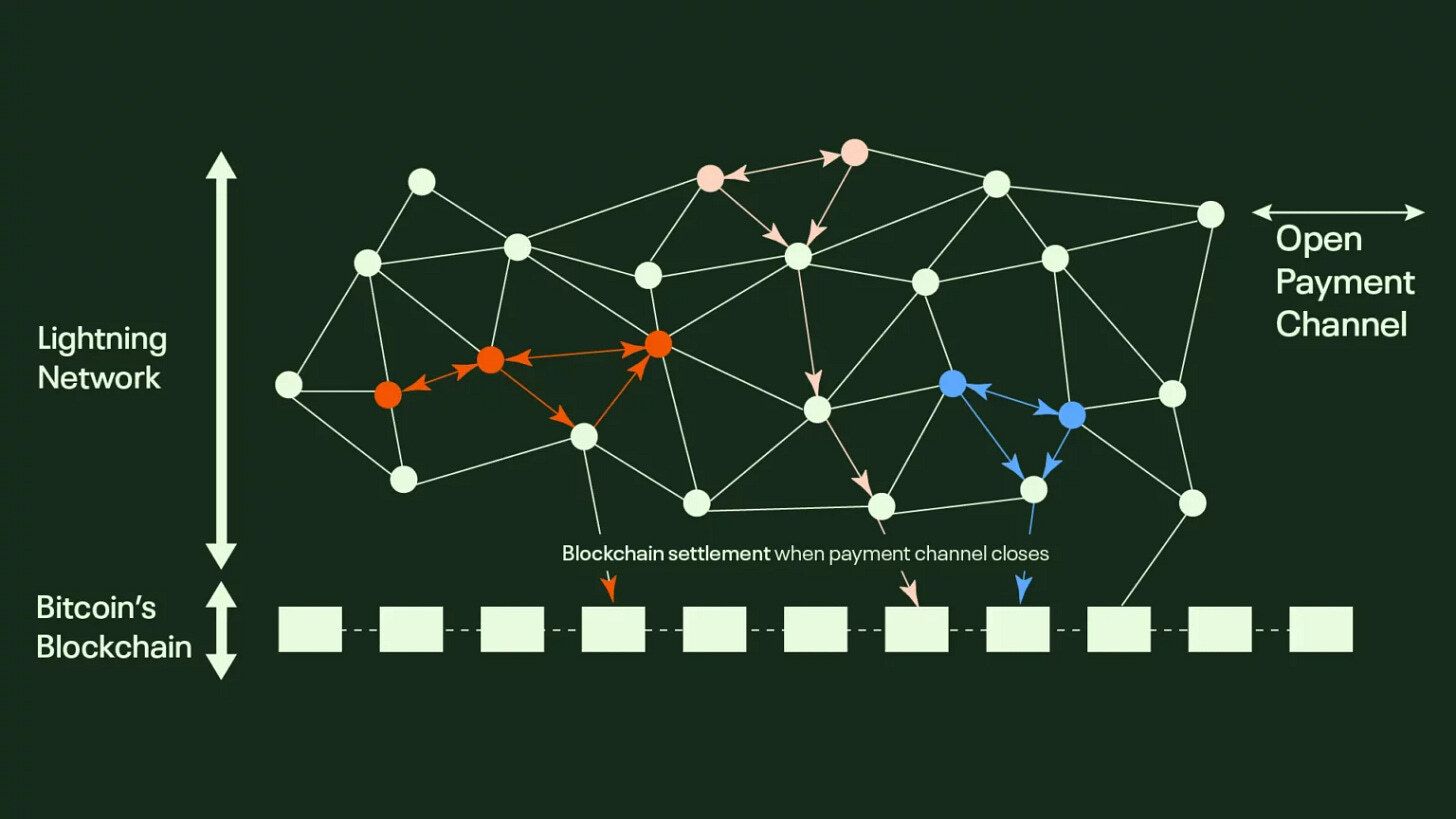
Joël here! 👋
I bet it took you a while to read the title of today’s issue to understand what I mean.
To break it down in simple terms, I came up with: AI browser = cool Internet experience. Bitcoin = great, but slow to move and break money.
I’ll put my Bitcoin enthusiast hat aside today and will criticize it on many fronts. If you’re a maxi, don’t judge and consider the points I mention.
This article will also feature many videos, screenshots, and mentions of the Dia Browser, Comet browser, and various AI models or LLMs.
If you haven’t heard of them yet or need additional explanation, let me know with a comment below.
Also, it’s going to be a long article. Probably one of the longest ones I have published on Substack to date. So strap in with a cup of coffee and enjoy this rant.
Let’s get started!
Your Daily AI Companion is already here!
It doesn’t matter if it’s your grammar checker, your latest Google Search, or heck, even WhatsApp. All of these applications have AI baked into them.
Meta, especially, is even taking a step further by incorporating it into hardware such as the Meta AI glasses. While most people don’t care, the robots are all around us.
Now, that comes with a few advantages. You have immediate access to more information and can use human logic to find out more details about whatever you’re looking for.
Source: YouTube
However, so far, the one thing missing was an AI-native browser. We do see the first steps in that direction with Google, where AI Search Overview is changing the way we look for information, but nothing with native AI functionality has been released yet…
Enter browsers such as Dia (which I will cover heavily today as I use it as well) or specific projects such as the Comet browser from Perplexity.
Instead of having specific AI features spread across the browser, all of them have AI baked right into the browsing experience. Think of these features as AI companions or agents that act on your behalf and also access your entire Internet activity.
Not only does this simplify your online life, in fact, actually making you lazier, but it also speeds up the way you engage with content online.
Through AI, we’ve become a society of content skimmers, people who don’t fully read and understand content but fly through it, and become more dependent on our new best buddies, the AI agents with incredibly powerful LLMs in the background.
AI Is a Problem for the Traditional Internet Business Model
You may have experienced the wonders of AI yourself, either by using an AI client like ChatGPT, Claude, or Gemini as your research companion.
The way you can prompt and engage with these tools is simply amazing. However, that adoption came at a price; The regular business model on the Internet is broken.
To illustrate this point, I will delve into technical details and showcase some examples on my own device. First off, the technical analysis part.

Source: Ahrefs
Since Google implemented AI Search Overview and other AI clients came about, we have seen an increase in zero-click searches. This means that people find their answers right away on Google, mainly in the AI Overview.
As you can see in the image above, the number of keywords for this use case, articles that used to be on number one, decreased by 34% as well.
This is an issue for Google and other advertisement-first companies. Mainly because AI Overview results show up before paid ad spots, and because people don’t feel the need to click on specific links on the Search page anymore.

Source: Ahrefs
Additionally, there is a vast choice of different AI tools (ChatGPT, Gemini, Perplexity, Claude, Grok), which all offer similar use cases for search, and users are using them heavily.
Luckily for you, especially if you’re a big brand, you still get mentioned everywhere. Just check the Venn diagram above. But here as well, why pay for online advertising if you can just optimize for AI?
All of these factors have a significant influence. Still, the most substantial one is the AI browser, which is taking a substantial amount of money away from the traditional Internet business model.
Source: Me
Which is where I want to get into Dia and Comet. At the time of writing, I’ve been a hardcore Dia user and am still waiting for my approval for Comet.
Both browsers have AI heavily integrated into their browsing experiences, but the way they approach it is entirely different.
Dia has its chat buddy and AI agent baked in as a side panel and start page companion. You can teach the AI custom skills that can improve your writing or find mistakes online.
Comet has Perplexity baked in and goes much deeper. Rather than having an AI companion like Dia, Comet can actually also solve complex tasks across tabs, give more context, and act more like an AI agent.
I’ve recently gained access to Comet, and I can tell you, it’s a fascinating experience. Within a couple of minutes, I told the AI assistant to go to the Perplexity dashboard and report a bug.
All it took for me to execute was to press the ‘Enter’ key on my keyboard. There are many other things to do about it, and I will further down the line write a review about it. For now, Comet is much more capable, but that was inevitable with the company creating its own LLM.
Dia on the other hand is developed by the Browser Company, and they have already announced plans to improve their LLM capabilities in the background.
Luckily for them, they mostly use ChatGPT, which also announced user agents for different tasks in your AI journey. This is another issue for the modern Internet business model.
Source: YouTube
If I can successfully automate my workflow, I can outpace anyone with mundane tasks. One great example to illustrate this point is salespeople.
Rather than having an assistant and doing a lot of manual work, you can prompt different AI agents to do your job. Want to reach out to 100 people at once? Tell AI to do so. Want to automate your emails? (which I find super scary in terms of privacy and intimacy, but still) Tell AI to do so.
You get my point. In the future, AI will vastly speed up the way we interact with the modern web and automate a lot of the manual labor we used to do.
Oh, and if you’re now suggesting that I’m hyper bullish and don’t see the real issues, of course I do! AI is currently still dependent on the quality of its input, and we humans correct its mistakes immediately.
However, considering that we already have two browsers that integrate this fast learning capability into everything you do, and ensuring that renowned business models like online advertising break apart, is the biggest paradigm shift since the World Wide Web was launched.
Bitcoin Should Be the Same Disruptor for Money, but It’s Taking Its Time
I spoke about AI enough now. And believe me, I could go into much more detail on this front. But I want to make the bridge across the river to Bitcoin.
If you compare Bitcoin and AI, there is a lot of overlap:
Fast adoption amongst early users.
A very active open-source community.
The conviction that technology makes our lives better.
In theory, both fields offer a lean, intelligent alternative that scales seamlessly with no external force. If you use it correctly, you feel empowered.
Well, that’s what’s great about theories. They sound amazing, but if you take a closer look at how they play out, it paints a different picture.
The same can be said for Bitcoin’s role in the monetary world as a disruptor. It had an immense impact on many fronts, but these were not significant enough to make a big difference.
To compare it again to AI, this concept really gained mainstream attention with the introduction of ChatGPT in late 2022. Within months, the company had 100 million users.
We haven’t seen this in Bitcoin so far. I know it sounds blunt, but if I point out Bitcoin’s achievements over the years, I often hear the following:
The best 10-year return, aka making money.
Some smaller countries use it, but what do we care?!
It’s too slow as a real-world payment option anyway.
With Wall Street, it failed in its role as peer-to-peer money.
And you know what? I don’t blame people who say this.
The fact of the matter is that we have a rock-solid foundation with Bitcoin. If you get on board and manage to hold it as your prime store of value, you’ve been doing well so far.
But the real-world use case for everyday situations is missing. Where AI enhances browsing, research, or work experience, Bitcoin is merely dull and does not do much.
As someone who has been in this community and field for a long time, I can tell you that this is a feature, not a bug.
However, if we truly want to disrupt the way we think about finance and improve it on all fronts, Bitcoin has to step up and shift a few gears.
Luckily, there are signs…
Bitcoin Agents: Shouldn’t Layer Two Solutions Solve This Problem?
Remember how I briefly mentioned the AI agents from ChatGPT or Perplexity’s Comet browser above? All of them use AI in an agentic setup.
We could see the same thing happening with Bitcoin if we finally manage to get off the ground with scaling solutions.
I’ll provide a fundamental breakdown of what scaling solutions are. Think of the Bitcoin Blockchain with its protocol rules as the foundation, ground zero, so to speak.

Source: CCN
The currency on top of that is BTC, that’s layer one. You can send value from point A to point B without hesitation or issues.
Additionally, you have layer two, where you build off-chain solutions that are significantly faster and don’t require the slow finalization times.
Also, for these solutions, you use BTC as the native currency, but you can break it down into smaller units. There are 100,000,000 tiny units called Satoshis in one BTC.
This is great for implementations in modern web interfaces. Similar to fiat money, you have main bank accounts with large sums of reserves, and accounts are connected to that system with instant options that need to be checked at the end of the day.
If you then want to go further, you can either build a new layer on top of that for specific use cases or create a new branch of that layer. You can also introduce custom actions or rules through code. Smart contracts are a popular use case for this.
The most popular scaling solution in Bitcoin is the Lightning Network, which I have covered extensively on this blog, and there is a growing development community surrounding it.
Why is it the most popular? Simple, it turns Bitcoin into an everyday currency.
The great thing about it is that you don’t need to spend BTC or Satoshis, but you can also have fiat currencies, pegged to a certain amount of Bitcoin, on there.
Lightning also advances Bitcoin’s role in the modern web infrastructure. You can implement it in a browser, use it for micropayment online, or simply as a transfer protocol.
There are even prototypes for all of these use cases, but the truth is that adoption among them is slow, mainly because there are issues such as channel and liquidity management.
You must use BTC locked in a Lightning channel to utilize this type of scaling solution.
Source: YouTube
However, AI faced the same issue for a long time. It was primarily a research topic, and through rigorous investments, thousands of trial-and-error runs, and ultimately a compromised solution in a single application with AI chat agents, it broke through.
Bitcoin is not far away from reaching the same status through applications. But we definitely need to get there fast!
AI showed us how quickly humans can adopt and use these tools, often neglecting the real dangers associated with them as well. This is something I will probably write about in a future issue.
If Bitcoin is to disrupt and change the world of finance fundamentally, it needs better agents or applications that effectively showcase its strengths.
Changing the Way We Browse Is Easy. Changing Our Money Is the Real Challenge!
There are many more points I could make to compare these two technologies, but to keep the article under 2,500 words; I will highlight the most crucial difference between the two.
AI has been so disruptive because the primary incentive for its use is to gain an edge. Either by handing in your research paper sooner, gathering more information, or shortening your day-to-day tasks.
Additionally, its fundamental paradigm shift with the new Internet business model makes it easier to change many minds about the new way of gathering information and using AI.
I’m not saying you can go out and do it, but considering that this has happened many times in the last 20 years, I would say AI had it easier here.
Bitcoin, on the other hand, is a very touchy subject; it concerns your financial future and how you spend your money.
Because at the end of the day, this is what you do with Bitcoin. I’ve never met someone in Bitcoin who didn’t get started at first with the intention of making money.
Bitcoin, in its current state, remains a highly speculative financial asset for most investors. While there is significant upside (as we in Bitcoin are aware), there are also substantial downsides, including volatility and technical boundaries.
To be able to get people over that hump, Bitcoin needs to improve on the whole use case and real-world application front. Not because it needs to be flashy like AI, but because people will become more familiar with it if they can actually use it for more than just speculation.
Where AI will fall short is in its ability to monetize your information. This is also nothing new; we have seen this in modern and traditional media for a long time now.
There is only so much information a tool or distribution can give you. At some point, there needs to be more ways to engage with it and offer a financial incentive to use it.
And guess what, the only tool that will inevitably be of a great help for AI, is Bitcoin. It’s the only scarce asset in the world that enables divisibility and the ability to be integrated into a digital infrastructure.
But for that to work, we in the Bitcoin community need to catch up! Luckily, at least for someone like me who works in marketing, I can use AI to get more content out there and transport information all around the globe!
Thanks for reading! This post is public, so feel free to share it everywhere!
